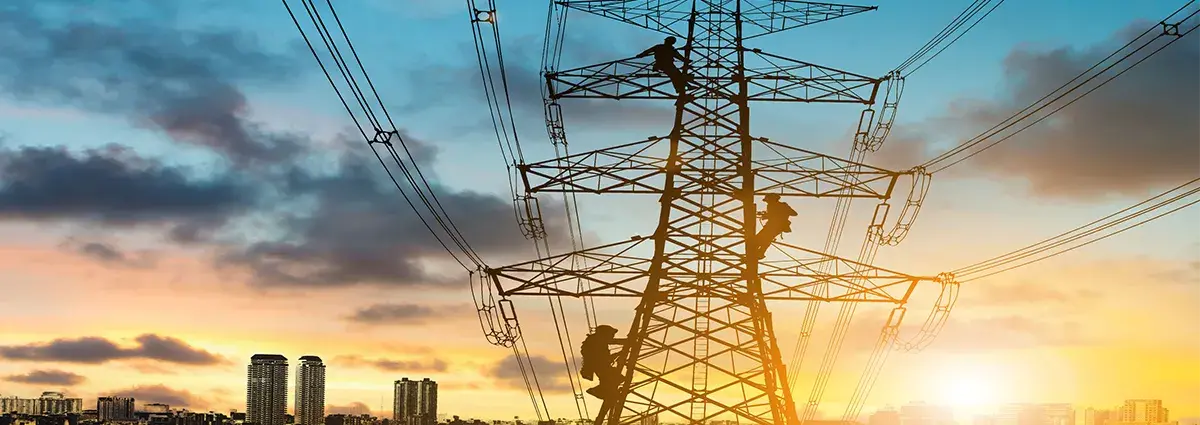By Rupin Chopra and Apalka Bareja
A public consultative process was initiated by the Ministry of Communications to replace more than a century old Indian Telegraph Act, 1885, and enhance telecommunication regulations in India with reference to a Consultation Paper on ‘Need for a new legal framework governing Telecommunication in India1[1]’ was published for comments in July 2022. With consideration to the deliberations on the above-mentioned paper, a draft was prepared by the Department of Telecommunication under the aegis of the Ministry of Communications to be referred to as the Draft
Indian Telecommunication Bill, 20222[2] was released on September 21, 2022 in public domain for issuing new licenses to service providers by broadening the scope of telecommunication services in India.
The Bill proposes to cover over- the- top (OTT) communication platforms like Whatsapp, Signal, Telegram and satellite based communication services, internet and broadband, in- flight and maritime connectivity services etc. in the range.
The explanatory note [3] issued along with the proposed bill stated-
‘The Bill aims to consolidate and amend the existing laws governing provision, development, expansion and operation of telecommunication services, telecommunication networks and telecommunication infrastructure and assignment of spectrum.’.
Highlights of the Telecommunication Bill
License/ Registration/ Authorization/ Assignment:
- Compulsory provision for obtaining a license to avoid disruption in the Telecommunication Sector.
- Compulsory provision for registration of an entity for providing telecommunication infrastructure.
- Compulsory provision for authorization by an entity for possession of wireless equipment.
- Inclusion of the new concept of ‘voluntary undertaking’ where discretion on the part of licensee or assignee to raise for any breach of terms of contract.
- Inclusion of OTT based platforms in the ambit of telecommunication services by mandating operating licenses for their services to the users.
Telecommunication Development Fund (TDF):
- Expansion of the Universal Service Obligation Fund (USOF) established under the Telegraph Act for R&D and skill development.
- A proportion of payments made for approval of license, registration or assignment to be allotted in favor of TDF as prescribed by the Central Government to generate employment and development of telecom industry.
Spectrum Management:
- ‘Spectrum management’ refers to the efficient use of this scarce natural resource ‘spectrum’ used as a public good. The bill specifies for its assignment through public auction with the intervention of government administration.
- Provisions for judicial usage of spectrum in assistance with re- farming and re- purposing in compliance with prescribed terms and conditions are provided.
Default Payments & Insolvency:
- Final power to waive default payment under exceptional circumstances of financial stress, consumer interest, reliability and continued supply of telecommunication services, competition etc. resides with the government.
- Power to grant exceptions from the provisions of this Act or rules to a licensee with the Central Government.
Mergers and Acquisitions:
- Mere intimation to the concerned authority for licensing through any form of restructuring including mergers, demergers and acquisitions in compliance with the Companies Act, 2013 is required according to the new Draft Telecommunication Bill, 2022.
Dispute Resolution:
- Establishment of a structural Alternate Dispute Resolution (ADR) mechanism for dispute resolution.
- Provision for right to appeal before the appellate authority.
Penalties and Offences:
- Introduction of fines and imprisonment for non- compliance of provisions of law.
- Legalization of certain offences for advancing telecommunication sector.
- Specification of offences that authorize imprisonment or fines are mentioned in Schedule 3 of the Draft Bill.
Conclusion
A simplified framework for mergers and acquisitions to remove unnecessary licensing prerequisites with an aim to substitute the current Indian Telegraph Act, 1885, the Wireless Telegraphy Act, 1933 and the Telegraph Wires Act, 1950 post enforcement putting forward the privacy concern of its users as the foundation of the Bill when comes into force. Additionally, the draft also focuses on the Prime Minister’s Make in India initiative by promoting ease of doing business in India via telecommunication sector.
[1] https://dot.gov.in/sites/default/files/Consultation%20Paper%20final%2023072022-1.pdf?download=1
[2] https://dot.gov.in/sites/default/files/Draft%20Indian%20Telecommunication%20Bill%2C%202022.pdf
Related Posts
ADJUSTED GROSS REVENUE (AGR) – PAYABLE BY TELECOM COMPANIES


